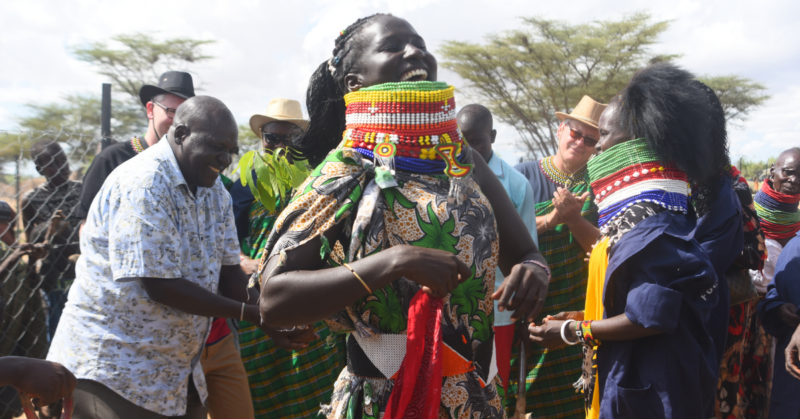Across the ages, Christian believers have grown and developed through engagement with community. We depend on one another for support, teaching, growth, and encouragement. New believers are instructed by the more experienced to press toward the goal of “Christlikeness.” But what about today? In a culture ever pushing for independence and self-identity, what is happening to the culture of discipleship that the Body has relied on for so long?
A 2021 Barna study on discipleship provides some pretty harrowing statistics on the current state of the church. According to the study, 56% of Christians identified their spiritual life as “entirely private.” Furthermore, approximately 39% of Christians identified themselves as not being engaged in spiritual discipleship of any kind.
Unfortunately, a focus on individuality isn’t the only factor standing in the way of discipleship. Nearly 40% of participants didn’t feel qualified to take an active part in discipling others. Clearly, this self-perpetuating ideology both keeps people from discipleship, and by consequence, from discipling others.
For more information on these stats, you can check out this resource.
The Christian Disciplines
This blog serves as the first in a series of posts on the Christian disciplines. These disciplines form the most valuable resources I’ve discovered for discipleship of both new and mature believers. Truly, many excellent resources provide guidance on the subject. However for this series, I’ll follow along with Donald Whitney through his book “Spiritual Disciplines for the Christian Life.”
The Christian disciplines are much like the framing of a house. A lot goes into creating and building a home. But without solid structural integrity, the entire thing is likely to fall apart. From the beginning, it’s equally important that we consider the motivation of the disciplines. If we’re not careful we may ascribe dedication to the disciplines as a form of “moral currency.” This thinking leads to legalism.
First and foremost, we must align our thinking with 1 Timothy 4:7 “Discipline yourself for the purpose of godliness.” Our motivation and attention while studying the scriptures shouldn’t be to prove ourselves worthy. Instead, we should recognize our unworthiness and seek to be more like Christ in every way possible. In so doing, we will fix our eyes on Christ as we seek to model our lives after His.
Structure for Life
There are many spiritual disciplines that we can study and apply to our lives. This series intends to touch on several with the aim to help us in establishing discipline in our own lives. Truly, I hope that we will be encouraged to take an active role in discipling others, especially those in need. We must understand that the pursuit of knowledge without application is a fruitless exercise. The spiritual disciplines should help us to live in a way that is honoring to Christ. At the same time, they will push us to let that knowledge inform our decisions for how we interact with the world, our communities, and the poor.
Bright Hope’s Discipleship Strategy
Biblical training forms the foundation for all our programs across all the countries where we work. Whether our church partners are feeding the hungry, equipping farmers, or providing scholarships to teenagers, our priority is to develop devoted disciples of Christ.
In all our programs and projects, Bright Hope strives to demonstrate the love of Jesus in tangible ways by serving the extreme poor regardless of their religious background. Our ultimate hope is that everyone we encounter will hunger to know Christ and come to salvation.
Click here to discover our Hope for Eternity heart.




